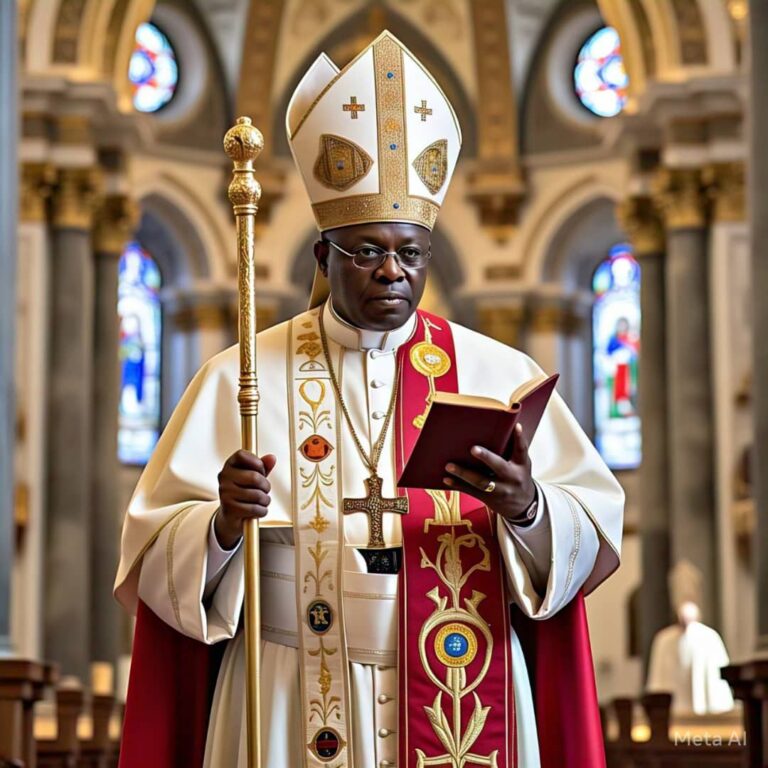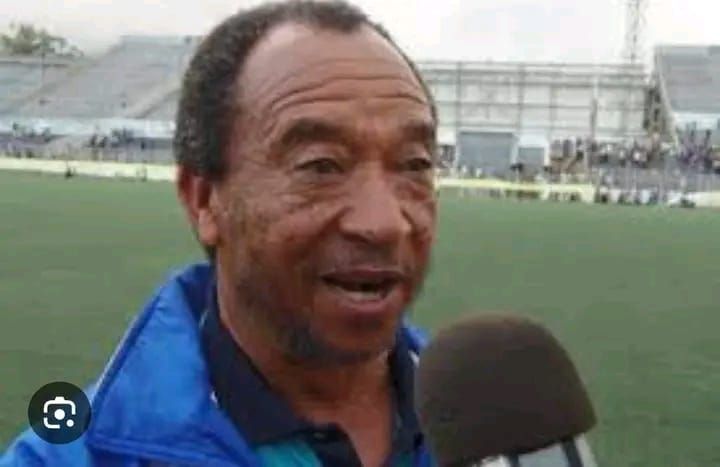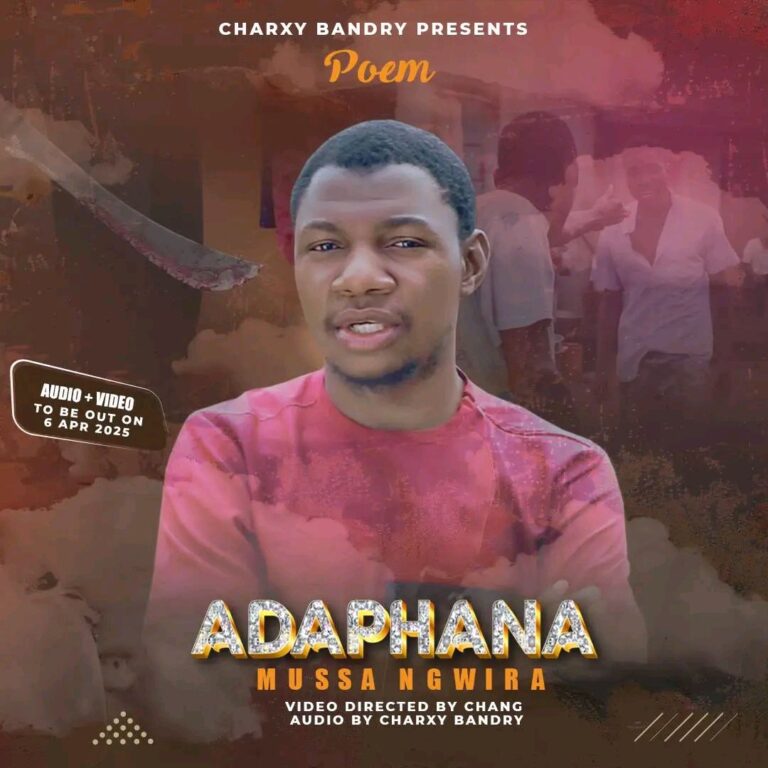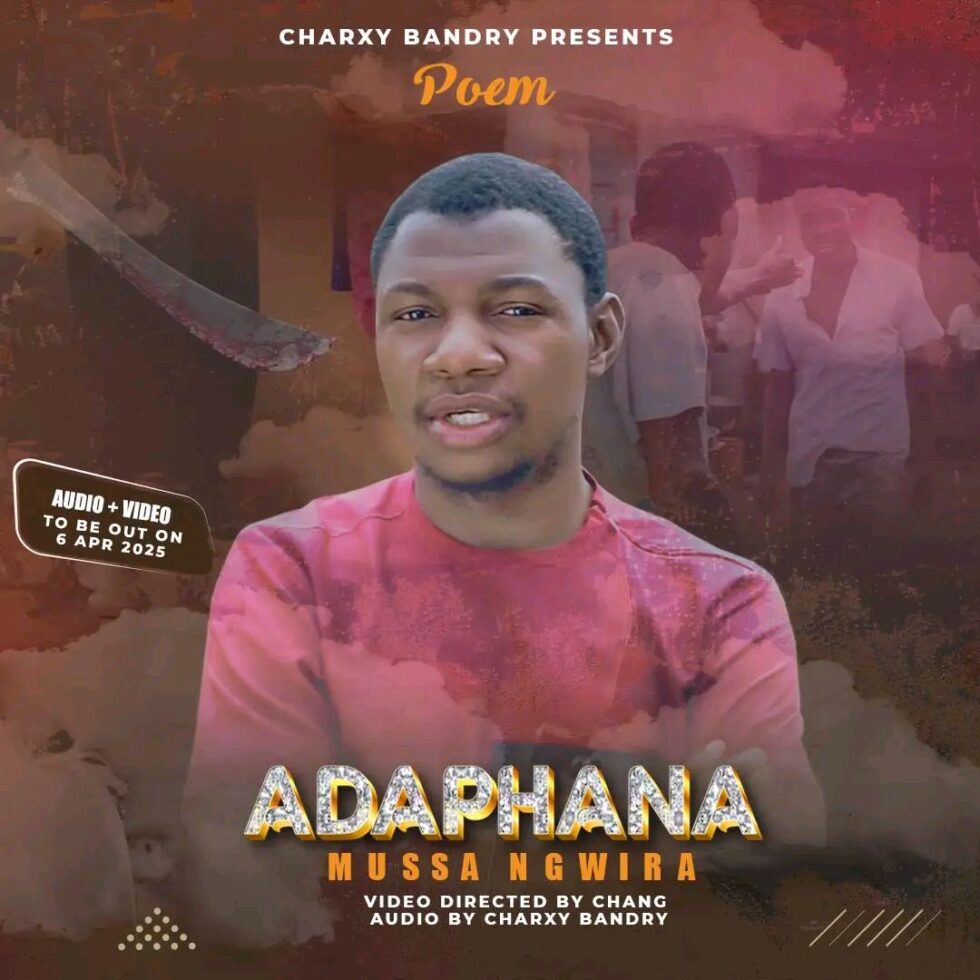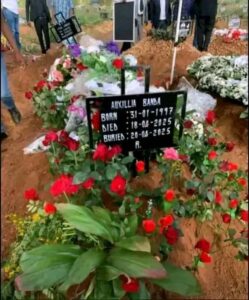By Jones Gadama
The history of the papacy is a tapestry woven with threads of diverse cultures, languages, and ethnicities, yet it remains predominantly European in its contemporary representation. The three early African Popes—Pope St. Victor I, Pope St. Miltiades, and Pope St. Gelasius I—serve as historical markers of a time when the Church was more inclusive of its African roots.
However, as we navigate the complexities of the modern world, the question arises: is it time for a black African pope?
This inquiry is not merely about the color of skin or the geographical origin of a leader; it is about representation, inclusivity, and the Church’s ability to resonate with the global community it serves today.
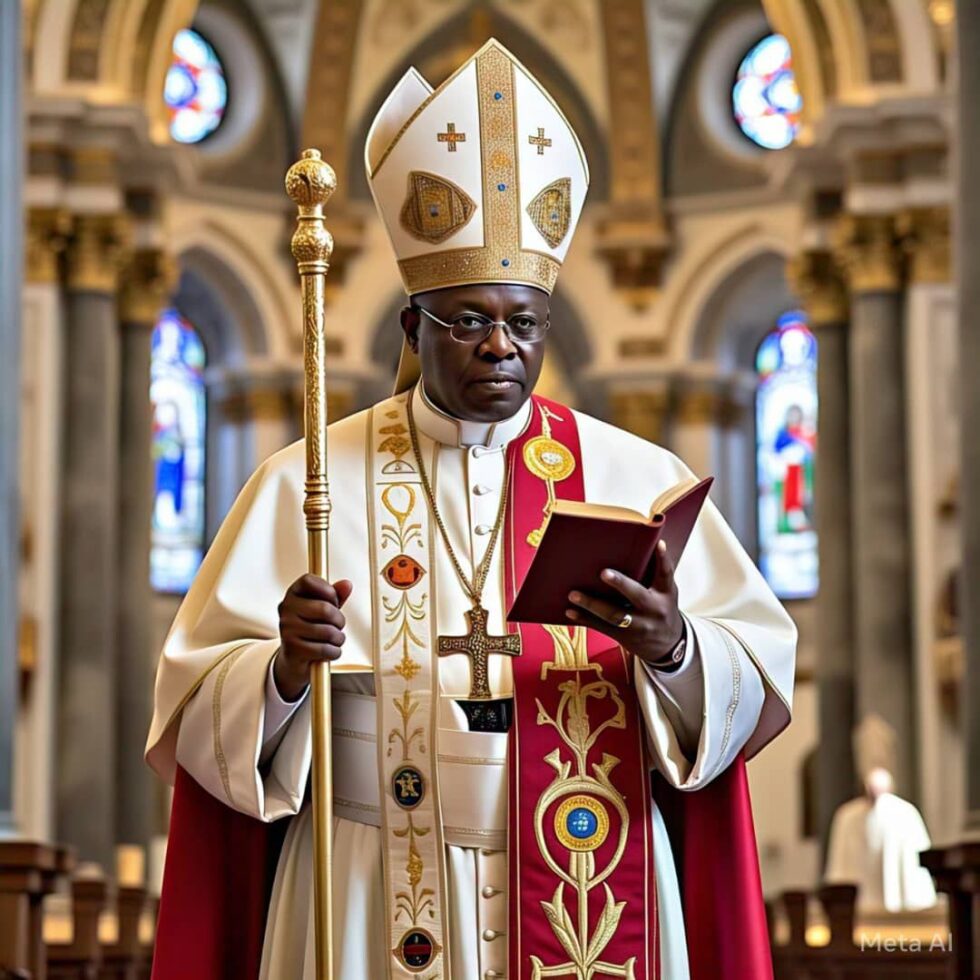
The Catholic Church, with its vast global reach, is home to over a billion adherents, many of whom reside in Africa.
The continent is experiencing a remarkable growth in Catholicism, with vibrant communities that embody a rich tapestry of cultures and traditions. Yet, despite this demographic shift, the leadership of the Church remains largely Eurocentric.
The College of Cardinals, which plays a pivotal role in electing the pope, is predominantly composed of European members.
This reality raises concerns about the potential for systemic biases, including racism, to influence the selection of the next pope.
The historical context of the papacy, coupled with the current dynamics of power and representation, suggests that the time is ripe for a black African pope.
The legacy of the early African Popes is significant, not only for their contributions to the Church but also for the symbolic representation they provide. Pope St. Victor I, for instance, is credited with establishing the Roman liturgy and played a crucial role in the early Church’s development.
His African heritage is a reminder that the Church’s roots extend beyond Europe, encompassing a broader narrative that includes the voices and experiences of African Christians.
Similarly, Pope St. Miltiades and Pope St. Gelasius I contributed to the Church’s theological and administrative foundations, yet their stories have often been overshadowed by their European successors.
This historical oversight reflects a broader trend of marginalizing non-European contributions to the Church, which can perpetuate a sense of exclusion among African Catholics today.
The call for a black African pope is not merely a matter of rectifying historical imbalances; it is also about addressing the contemporary realities of the Church.
The Catholic Church in Africa is characterized by its vibrancy, dynamism, and deep-rooted faith. African Catholics bring unique perspectives shaped by their cultural contexts, which can enrich the Church’s global mission.
A black African pope could serve as a powerful symbol of inclusivity, demonstrating that the Church recognizes and values the contributions of its African members.
This representation could foster a greater sense of belonging among African Catholics, encouraging them to engage more actively in the Church’s mission and leadership.
However, the path to a black African pope is fraught with challenges.
The College of Cardinals, which is responsible for electing the pope, is predominantly composed of European members.
This demographic reality raises questions about the potential for biases to influence the selection process.
The historical context of colonialism and racism cannot be ignored; these factors have shaped perceptions of leadership and authority within the Church.
The predominance of European cardinals may inadvertently perpetuate a worldview that prioritizes Eurocentric perspectives, potentially sidelining the voices of African leaders who could bring fresh insights and approaches to the papacy.
Moreover, the Church’s hierarchical structure has often been resistant to change, particularly when it comes to issues of race and representation.
The reluctance to embrace diversity at the highest levels of leadership can be attributed to a variety of factors, including entrenched power dynamics, cultural biases, and a lack of awareness about the importance of representation.
The Church’s historical reluctance to address issues of race and inclusion has created an environment where the voices of marginalized communities, including African Catholics, are often overlooked.
The potential for racism to influence the selection of a pope cannot be understated.
While the Church espouses values of love, compassion, and inclusivity, the reality is that biases can seep into decision-making processes.
The experiences of black Catholics, both within the Church and in broader society, highlight the need for a more intentional approach to diversity and representation.
A black African pope could challenge the status quo, offering a new vision for the Church that embraces the richness of its global community.
The appointment of a black African pope would not only be a historic milestone but also a transformative moment for the Church.
It would signal a commitment to inclusivity and a recognition of the diverse experiences that shape the Catholic faith.
A black African pope could serve as a bridge between cultures, fostering dialogue and understanding among different communities within the Church.
This leadership could inspire a new generation of African Catholics to take on active roles in the Church, empowering them to contribute their unique perspectives and talents to the global mission.
Furthermore, a black African pope could address pressing issues that resonate deeply with African communities, such as poverty, social justice, and environmental sustainability.
The challenges faced by African nations are complex and multifaceted, and a pope who understands these realities firsthand could advocate for meaningful change.
By prioritizing the voices of those who are often marginalized, the Church could become a more effective agent of social transformation, promoting justice and equity in a world that desperately needs it.
The time has come for the Catholic Church to embrace the possibility of a black African pope.
The historical legacy of early African Popes serves as a reminder of the Church’s diverse roots, while the contemporary realities of the global Catholic community underscore the need for representation and inclusivity.
The challenges posed by a predominantly European College of Cardinals and the potential for biases to influence the selection process must be acknowledged and addressed.
A black African pope would not only be a powerful symbol of change but also a catalyst for a more inclusive and vibrant Church that reflects the richness of its global community.
As the Church continues to navigate the complexities of the modern world, it must recognize that true leadership is rooted in diversity, empathy, and a commitment to justice for all.


